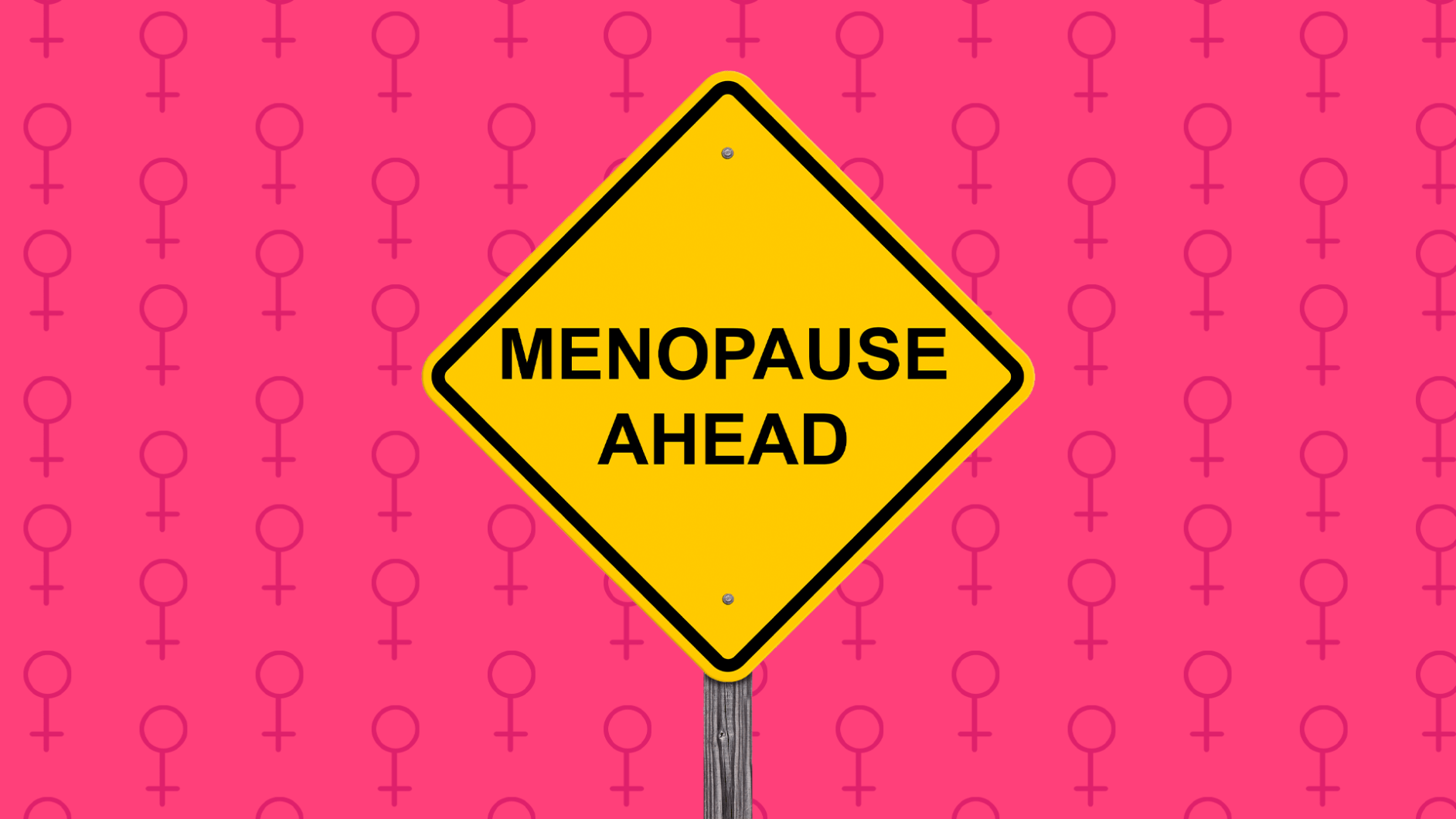Menopause, are you part of the revolution?
Did someone say hot flush?

Have you heard of the menopause revolution? Unless you've been asleep for the past year - and lets face it who can blame you, its preferable to the government sh*t show we have currently - you'll have noticed that Davina and Kate Muir have joined a by now, well documented campaign to raise awareness about the affects of the menopause on women and transgender or non binary people.
The campaign, named by the All-Party Parliamentary Group (APPG) as the #menopauserevolution and started in July 2021 has been driven by some very eminent women including Dr Louise Newson of the Newson Clinic in Stratford upon Avon and founder of the Balance app and website (a site aimed at giving people affected by it evidence based information to support them to find information that allows them to access suitable treatment). Dr Newson began her work by treating a few friends who complained of suffering from life changing symptoms, and recognised that treatment being offered to them just wasn't right, what began as a small surgery has now grown into a clinic based in the Warwickshire town that offers advice and prescription services to hundreds of women. .
The movement has identified that the information and research available into women's health post the age of 40 has fallen woefully short of where it should be. With research into women's health during and beyond the stage of menopause being incredibly limited it seems there's been a huge bias in health research for a very long time. The #menopauserevolution's purpose is to campaign for more research - in particular around the links between heart health and dementia; to change the way people access HRT and the associated prescriptions that go with that & to change the way that workplaces adopt practices around supporting people living with the menopause, in work.
Here we debunk some myths around the menopause to help you access the support you need to provide in your workplace. We will also explore some of the practices you can put into place to support people affected by it.
Out with the old...!!
- The menopause starts at 40. Most people experience the menopause symptoms during the peri-menopause stage but it can begin far earlier with some people experiencing a premature menopause. This stage is when hormone fluctuations are at their most changeable and oestrogen levels drop off a cliff rapidly leading to some fairly radical changes in peoples well-being.
- Symptoms are just a hot flush and weight gain. In as many as 75% of people the peri and menopause symptoms are debilitating. Symptoms include: insomnia, anxiety and depression and brain fog.
- HRT increases the risk of breast cancer. The link between taking HRT and breast cancer is low, in fact the risk of breast cancer is in fact more increased in women who drink more than 2 glasses of wine a night at this stage of life, than those on HRT.
- The menopause is over in a couple of years right? As the most debilitating symptoms begin in the peri-menopause this is indeed not true. The peri menopause can last at least 10 years before a persons periods end and they may well experience some significant symptoms.
- Generations have coped before so whats the fuss now? There has been a serious failing in research around women's health for many years. This is across the board and can be seen in many areas from neurodiversity assessments to menopause research. The affects of this mean that many women & people are suffering with conditions that with the right support may well be able to live a normal life. The menopause untreated can increase the risk of cardiovascular disease, type 2 diabetes, and there is currently research into the link between this stage of life and dementia. Approximately 1 million women [*APPG report] leave work as a result of their symptoms and the inability of the workplace to adapt to their needs. So it's safe to say that generations before have not coped, rather suffered in silence and probably not worked.
- The menopause only affects women. Yes the menopause and all its stages affect women but it can affect girls too in some unusual cases and it will also affect those who are non-binary or trans. Even with hormone replacement there are still mild symptoms that the medication doesn't completely eliminate. And naturally if those affected live with partners, friends or family it will have a knock on affect, particularly where symptoms increase mental health and sleep patterns.
So what can you do to help in your workplace or studio?
Research shows that the most affective ways to help people in the workplace are through measures such as training which raises awareness for everyone; adopting flexible working patterns and being willing to adapt existing flexibility further and discretionary areas to change, cool down or have a little time out. But how you do this is key to getting the best results.
There are heaps of different ways to make this kind of policy change work for you but just remember what sounds cool in one studio may not work in yours so your first step to getting this right is to explore what your people want.
Here at Fresh Seed we have a range of training and policy templates for you to test on your people to find out which works. For more information about how we can help you, get in touch below and we'll explore with you ways to implement something rather special to support your people.